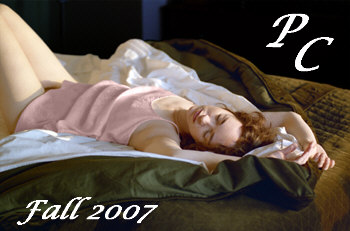

The trombone
rarely performs alone.
Albeit loud,
it is almost always part of a large crowd.
But that does not mean
it is lacking at all in spirit, for by a keen
and subtle transposition in the head
of the trombonist, all scores may be re-read
as concerti for trombone – in which
the other parts recede into a rich
but deferential background to the clear
voice of the instrument that fills his ear.
And then, at home,
in the cork lined practice room with the metronome,
where he goes over and over again the great
glissandi and counts the beats of the long wait
until he comes in again,
he is a soloist, most fortunate of men,
who finds in the composer’s odd
arrangement of notes a hint of the music God
must like in heaven where angels in their choir
do not so much sing as imagine together a higher
harmony in which all ears and hearts
in simultaneous solos play their parts.

Per Contra: The International Journal of the Arts, Literature and Ideas
Fantasia for Solo Trombone by David R. Slavitt